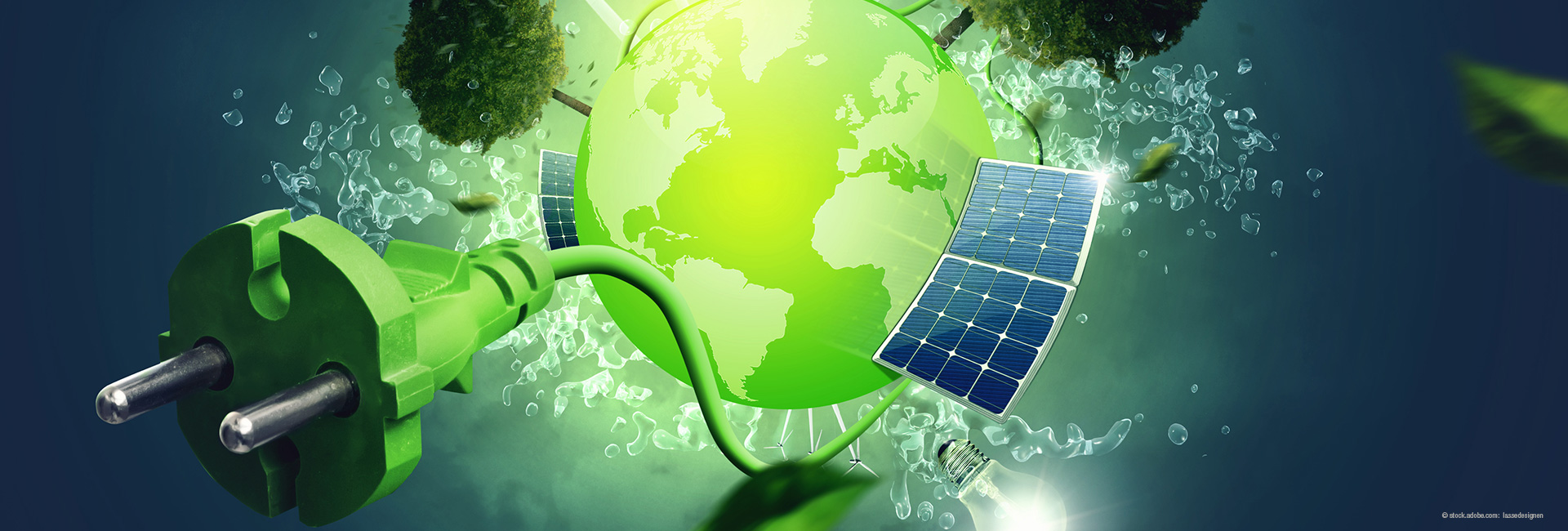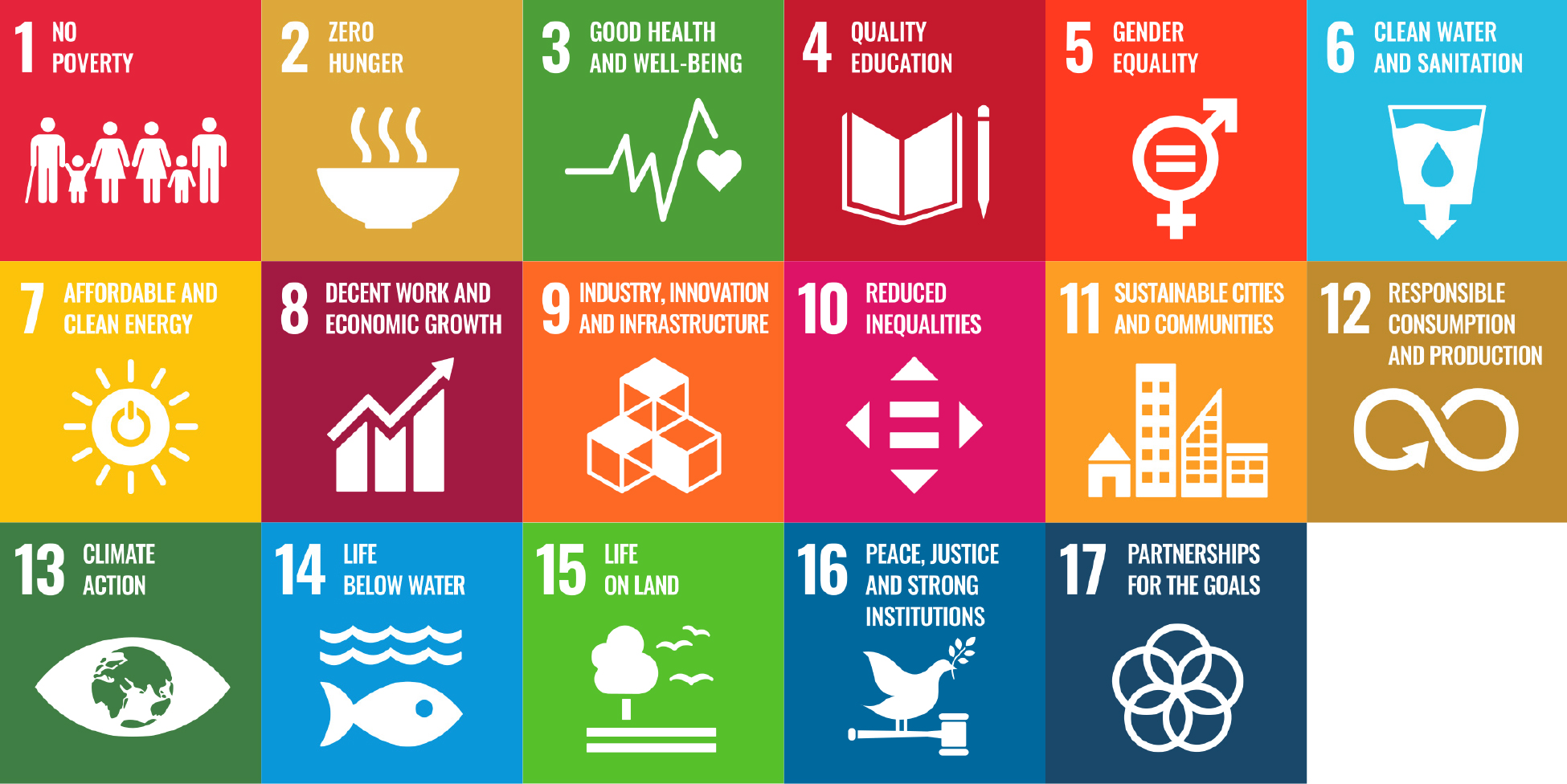
CSR – Corporate Social Responsibility
What is sustainability? And what is CSR?
Why do we as a company need them? Follow us …
Let’s get one thing straight up front: Sustainability is not a trend, and it’s not just “modern”. Sustainability is an existential concern. It is not detailed improvement of the environment, but a reorientation of our way of thinking and acting and of our strategy for the future. This is true of each individual, but also for each company. Sustainability is the path, and sustainable development is the goal.
And that brings us to Corporate Social Responsibility, or CSR. CSR gives the term “sustainability” corporate content: It refers to responsible corporate behavior on the market (economy), in the environment (ecology), and in interactions with employees, customers, and suppliers (social concerns).
CSR thus rests on three pillars – and a company can achieve sustainability only by considering all three equally.
Three-pillar CSR model

Economy
- sustainable business practices
- transparency
- local and regional added value
Ecology
- protection of nature and the environment
- emissions reduction
- use of sustainable materials
- use of renewable energies
- holistic climate protection
Social concerns
- fair dealing
- respect for human rights
- responsibility for society and fellow citizens
- equal treatment of everyon
And what does all this mean for KSM Castings Group?
Our aim is to develop an overall concept by analyzing and evaluating the economic, ecological, and social effects of our behavior and implementing appropriate measures. Not only the law, but also our customers demand this of us, so it is a condition of continued survival on the market and of securing good, safe jobs.
This means things for our to-do list. For all three pillars, we must
- analyze existing risks and make them transparent,
- develop suitable measures and programs,
- prepare documentation and reports,
- and include our suppliers and customers in the process.
Complex issues (climate change, resource scarcity, raw material bottlenecks, rising prices, political and legal requirements, international agreements, etc.) will be observed, evaluated, and weighted according to their effects, but so will seemingly simpler ones (travel practices, office equipment, paper, etc.). This is called a materiality analysis. All these issues have an effect, so they are of concern to all of us.

And what might all this look like? Let’s take an example that affects sustainable economy: CLEAN, AFFORDABLE ENERGY.
KSM’s CO2 footprint – reducing emissions to protect the climate.
The issue of emissions is a central concern of a casting company like ours. In a market environment in which customers consider the costs of CO2 emissions, we must look for options for reducing ours and improving our CO2 footprint. So we examine our company, and we see the following:
- KSM produces direct emissions when it uses energy for smelting and casting,
- and produces indirect emissions for production administration.
- Then there are other emissions for transport and business travel, and there are auxiliary and operating materials.
- We must also consider emissions generated when the raw materials we use, such as primary aluminum, are extracted.
The results of this analysis give us our CO2 footprint. The next step is to develop measures and programs that will reduce the emissions we have identified. Some of these will be easy, but others will require good ideas. Possible measures include optimizing our energy-consuming processes and using our own renewable energies. A practical example would be shutting down systems when they are not producing, procuring energy and gas from renewable, regional sources, and using our factory hall roofs for photovoltaic systems as much as possible. Each step must be documented, of course, so that we can track our success in numbers.
Our roadmap and objectives are as follows:
Specific measures in CLEAN, AFFORDABLE ENERGY:
- Photovoltaic systems are being considered for all locations.
- The KSM energy team regularly coordinates across plants to develop best practices for saving energy and using it more efficiently.
- There is also coordination with regional policy entities, business associations, and other regional actors in the area of the energy revolution.
- New technologies and production systems (such as shaft furnaces for improved energy efficiency) are being planned.
- Ideas for heat recovery are also being fleshed out.


This is one example in one area of many. CSR is a holistic approach.
That means that a large number of factors and goals must be considered.
The United Nations has compiled a list of 17 Sustainable Development Goals (SDGs). They were adopted as the core of the “2030 Agenda for Sustainable Development” and signed by all UN members.

And this brings us back to the materiality analysis. It is important for us to consider what affects KSM Castings essentially and directly. The list of these issues that we must quickly and actively tackle includes emissions, health and safety, energy supply, materials and resources, and superordinate problems such as demographic shifts, innovation, electromobility, the climate crisis, etc.
We will start down this path together towards a sustainable, climate-friendly future.



